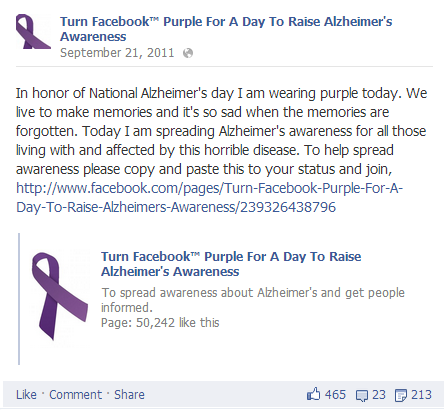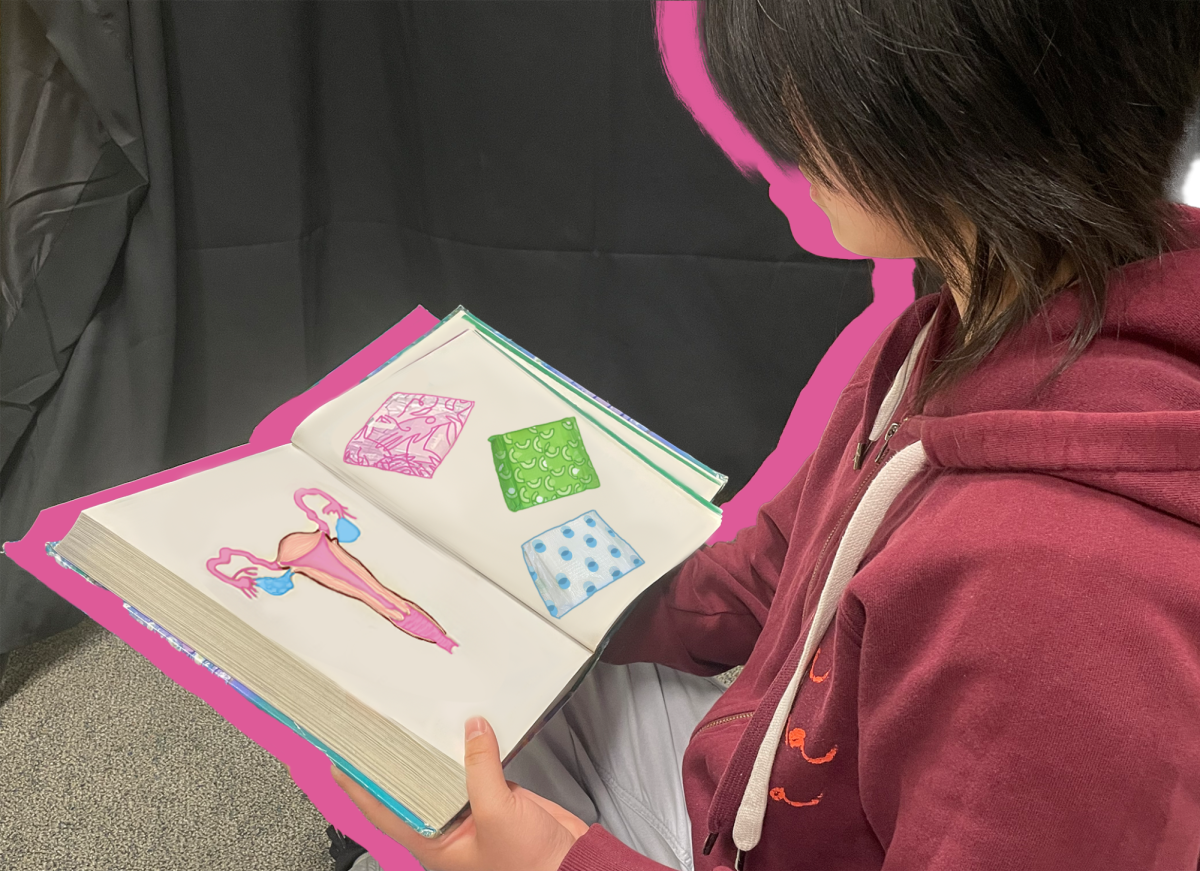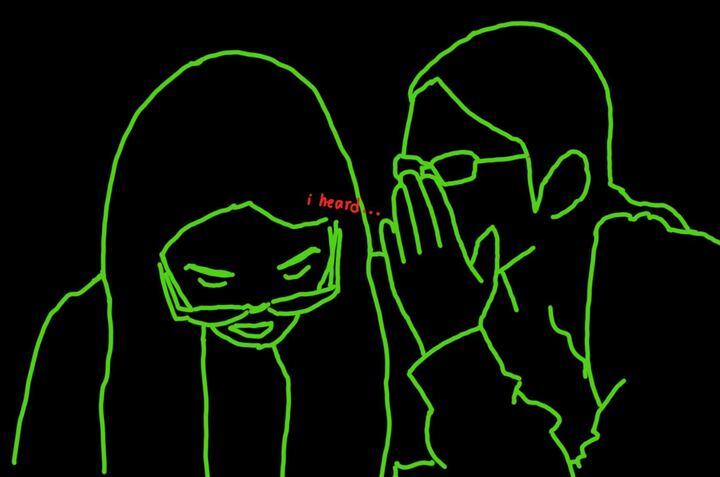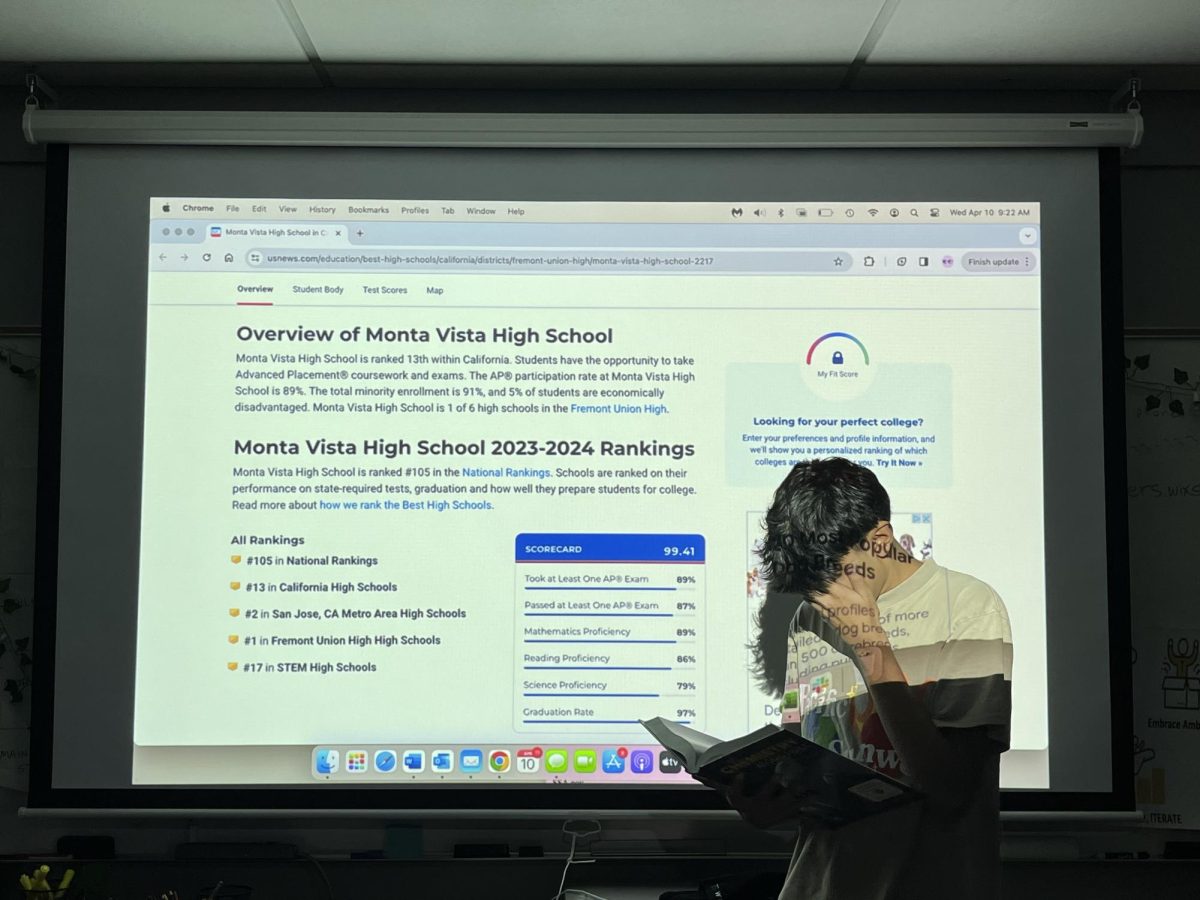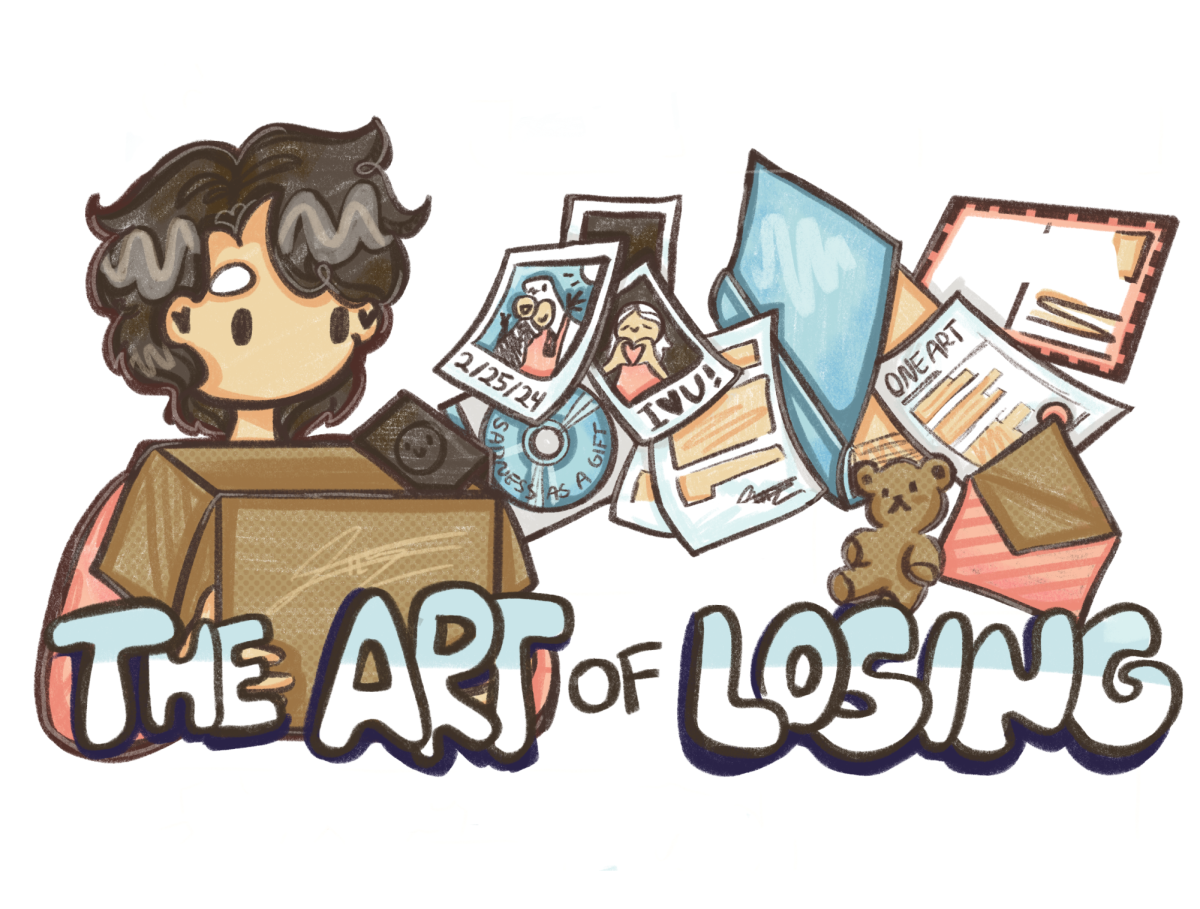
First, the hearts. In late September, females were supposed to send Facebook messages to other girls telling them to post a heart as their status message to raise awareness for breast cancer, but to not tell any males.
Second: the purple. On Sept. 21, the World Alzheimer’s Association asked people around the globe to wear purple to raise awareness about the disease.
Third: the fake love tattoos. Also in late September, teenagers were supposed to write the word love on their arms. This event was organized by the titular non-profit organization with the goal of preventing teen suicide.
However, the problem with these causes isn’t that they lack awareness. The problem concerning Alzheimer’s and breast cancer isn’t that the general population isn’t aware of them — it’s that scientific research has not yet found an infallible cure. Furthermore, the presumption that writing the word “love” is going to have any significant impact on teen suicide is unrealistic.
In reality, students can’t logically believe that posting a heart on Facebook is going to have any significant impact on curing breast cancer, or that sporting a particular color on a particular day will put an end to Alzheimer’s. Not coincidentally, the same students partaking in these pointless activities hardly ever show any inclination to combat these issues when the supposed solution isn’t so easy. All of this shows that taking part in these types of activities isn’t actually meant to make a dent in solving extremely serious issues — so what is the point then?
Students labor under the delusion that participating in events such as these actually contribute to their respective causes. In doing so, they convince themselves that they are kind, compassionate people who make big differences in the world. However, this is simply cheap moral gratification. It allows students to feel that they can get away with not actually making any positive impact on serious issues.
Rather than pretending to help those in need, students should take the initiative to actually do something productive. Donating money and volunteering for organizations that research these causes are both simple actions that can make so much more impact than posting a heart on Facebook.
It’s good that students want to make a difference and contribute to serious causes, but subscribing to mass-marketing only helps them take the lazy approach. Awareness is a beginning, not an end. The real change happens offline.
















